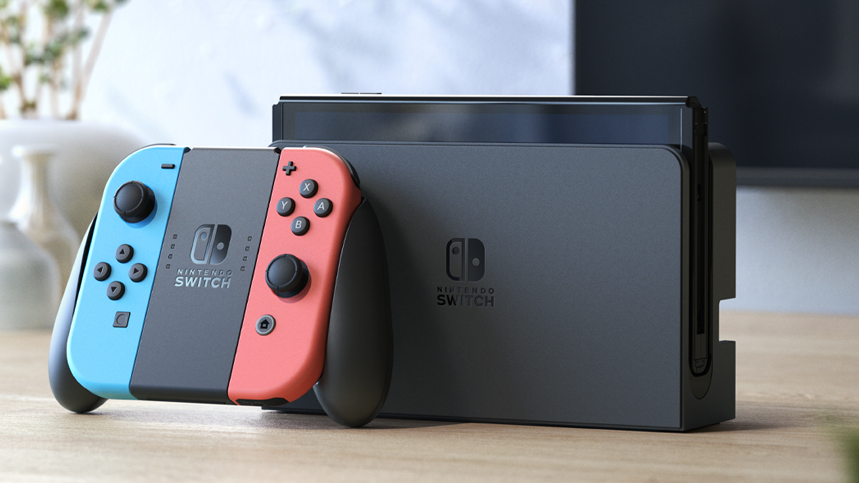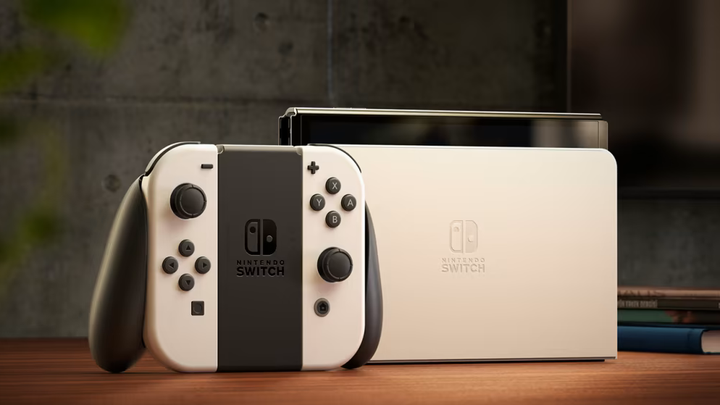Players globally are awaiting news of the launch date for the next gaming console, which is rumored to arrive in the global markets within the next year or so. The Nintendo Switch, which debuted in early 2017, will see its successor, the Switch 2, launching at any moment's notice; the Japanese publisher has revealed it is taking measures to anticipate huge consumer demands for the forthcoming console.
This sentiment was expressed during Nintendo's recent Investor Q&A session, during which details on how the company intends to avoid scalping were highlighted. Given recent events that occurred within the last few years, like the global semiconductor shortages during the COVID-19 pandemic, Nintendo president Shuntaro Furukawa discussed what the company has plans to avoid a similar situation from arising.

According to comments made by Furukawa (as translated by IGN), Nintendo is looking to implement precautions to guarantee it has enough available stock of the Switch 2 into the hands of consumers and possible legal action if problems arise. The strategy outlined by Nintendo aims to prevent scalping and safeguard players from looking to resellers to obtain a console from authorized retail outlets.
As a countermeasure against resale, we believe that the most important thing is to produce a sufficient number to meet customer demand, and this idea has not changed since last year. In addition to this, we are considering whether there are any other measures that can be taken to the extent allowed by laws and regulations, taking into account the circumstances of each region.
Furthermore, Furukawa provided a statement on the aforementioned semiconductor issue, which was why Nintendo was "unable to produce sufficient quantities of Nintendo Switch hardware," and he later added that the problem has "now been resolved. At present, we do not believe that the shortage of components will have a significant impact on the production of the successor model."

 No ads, our video library,
No ads, our video library,

